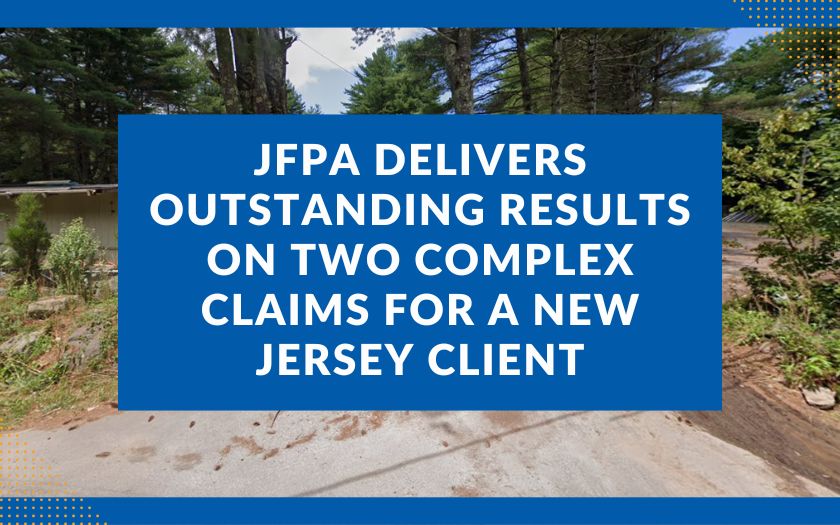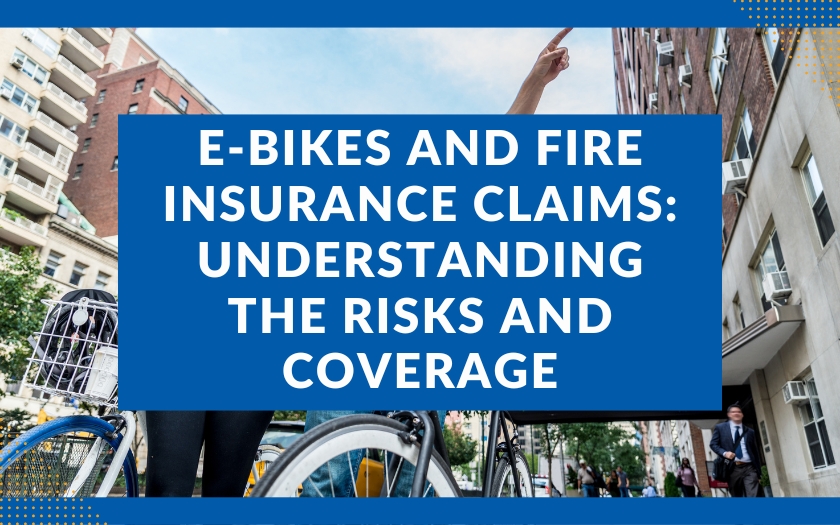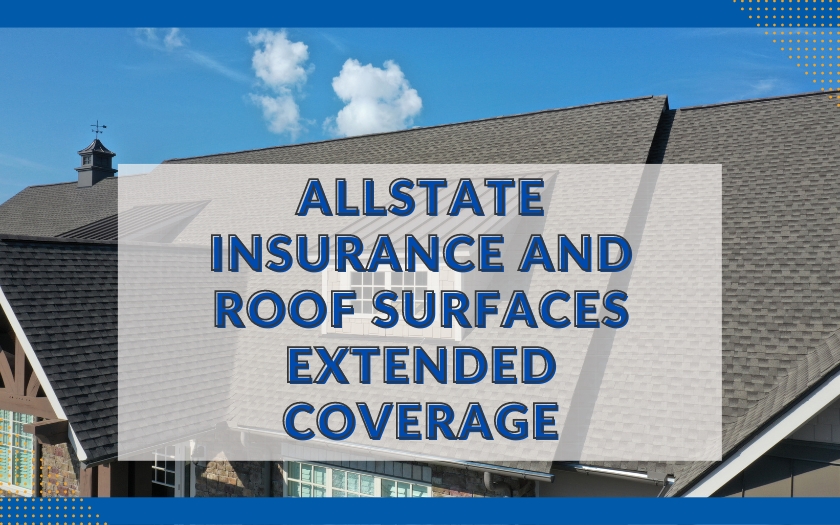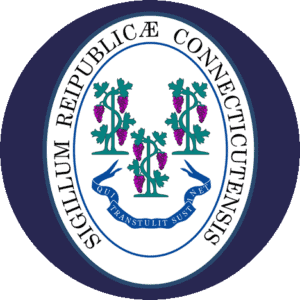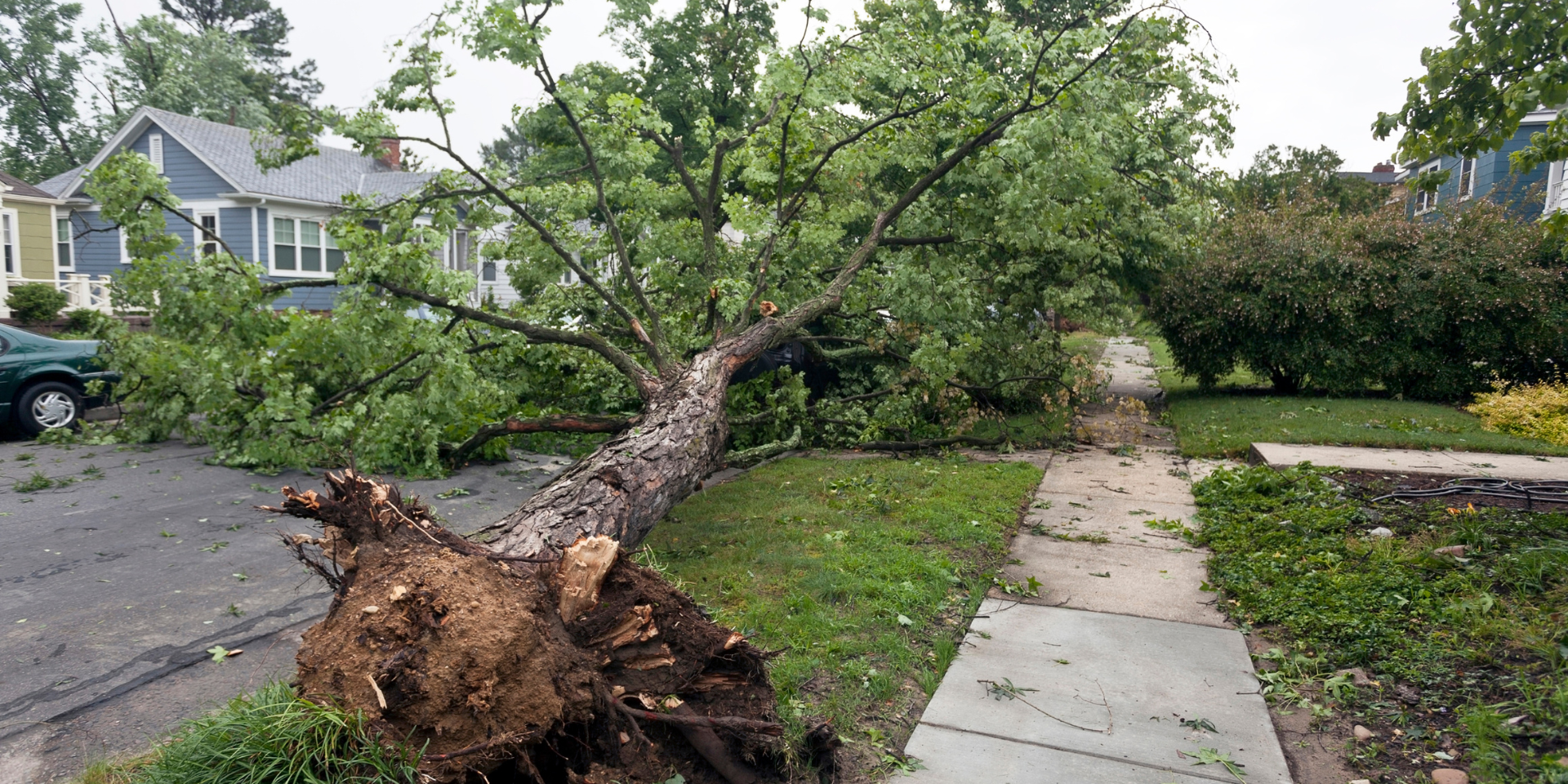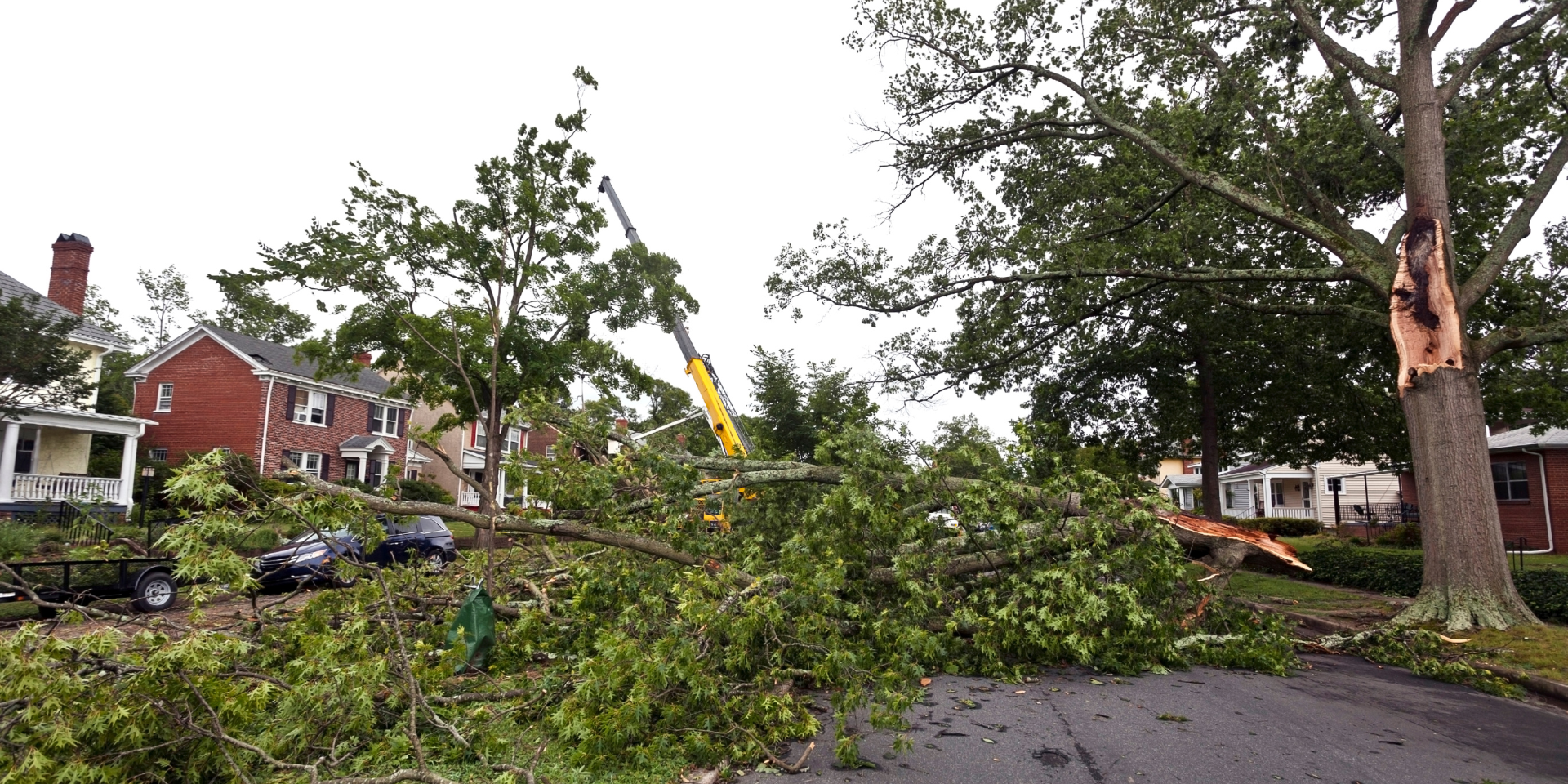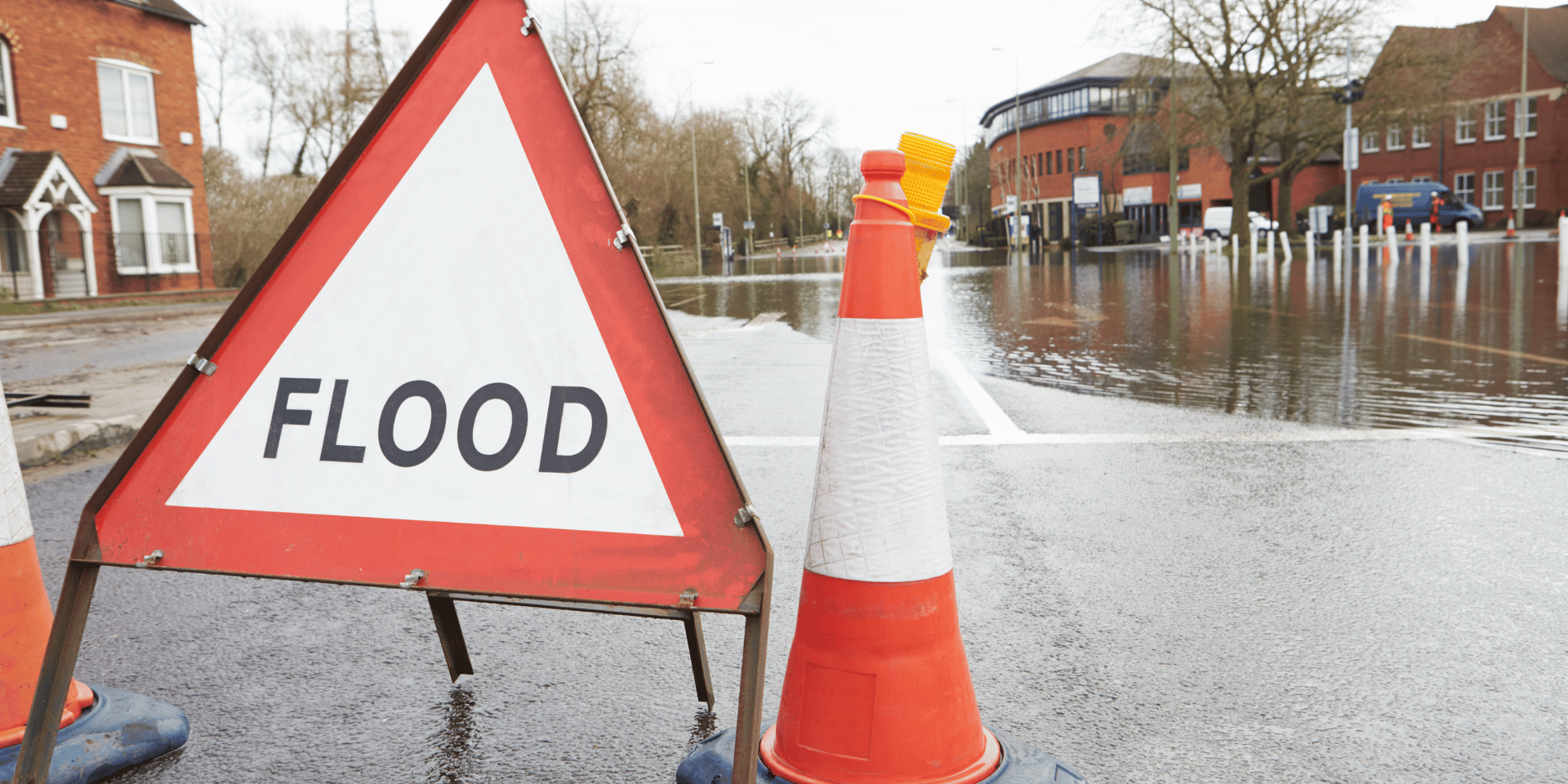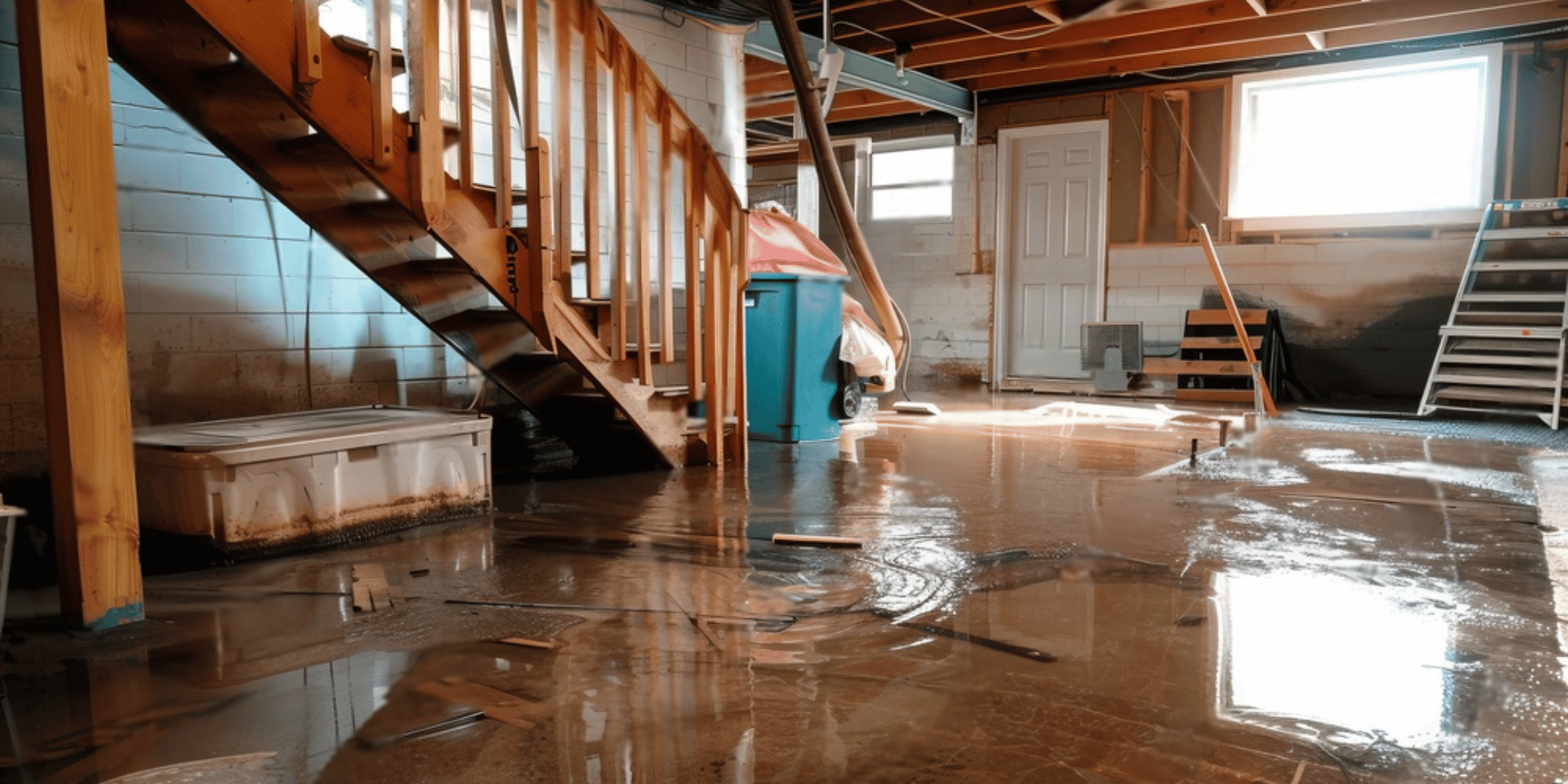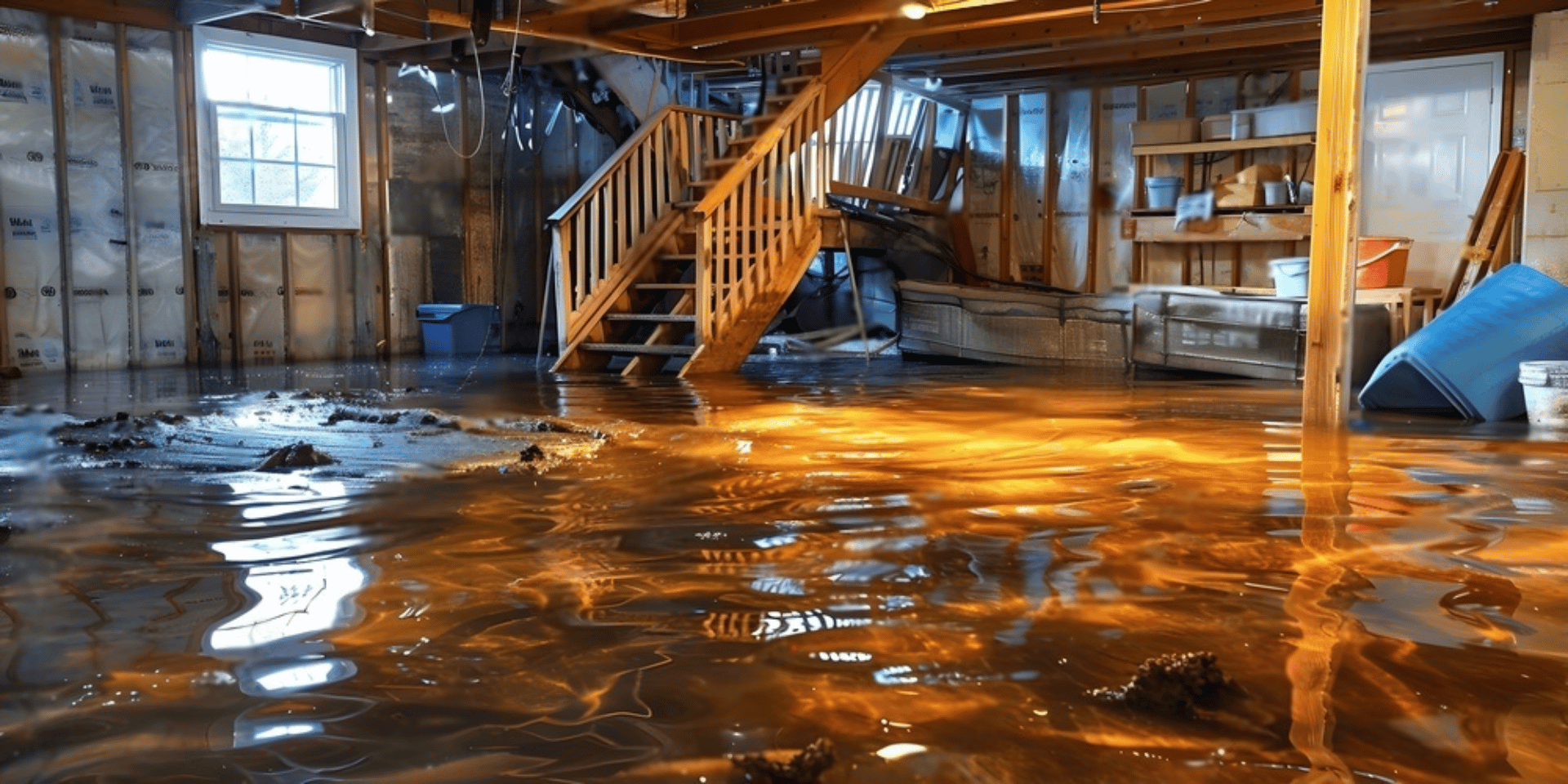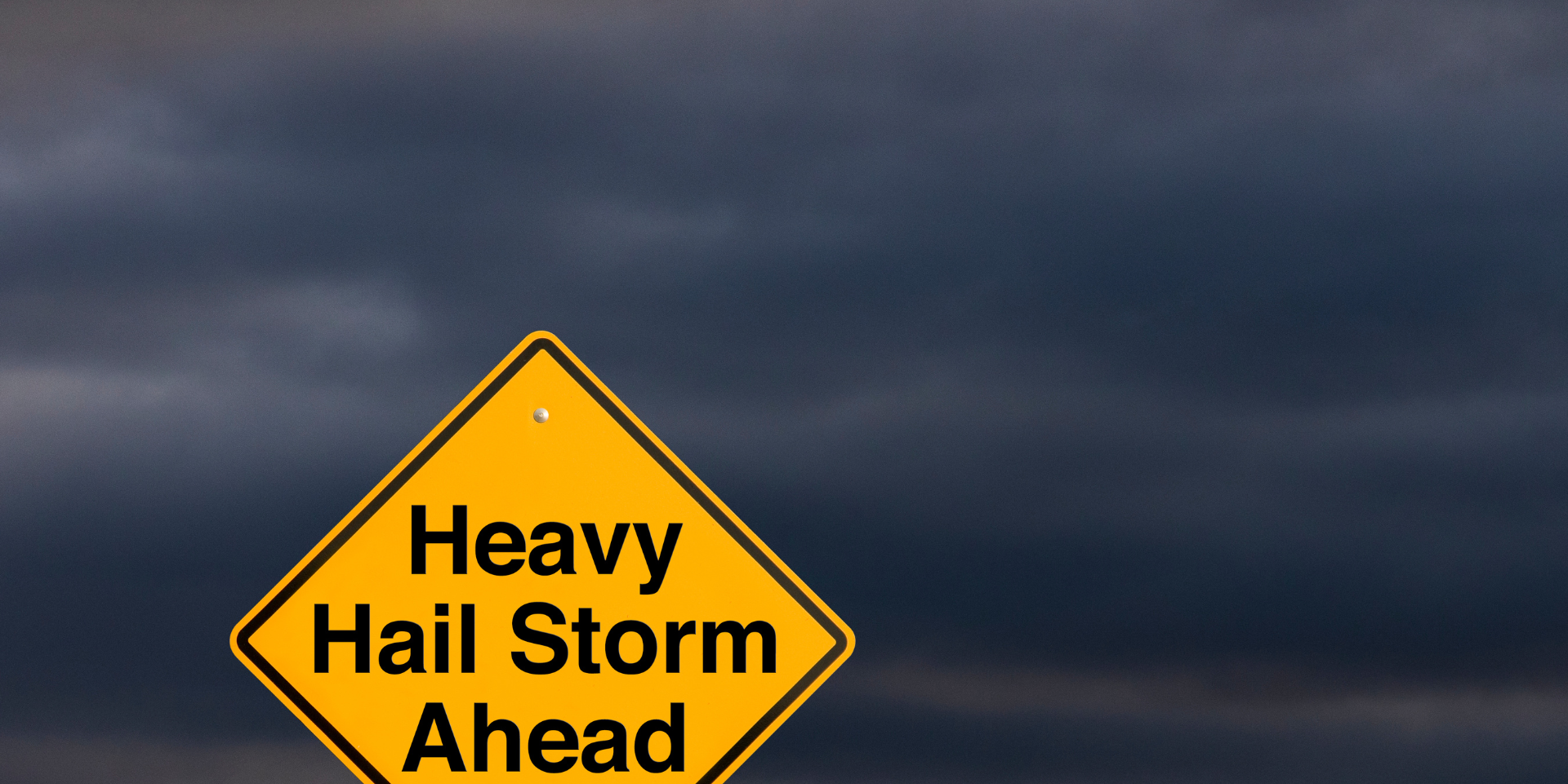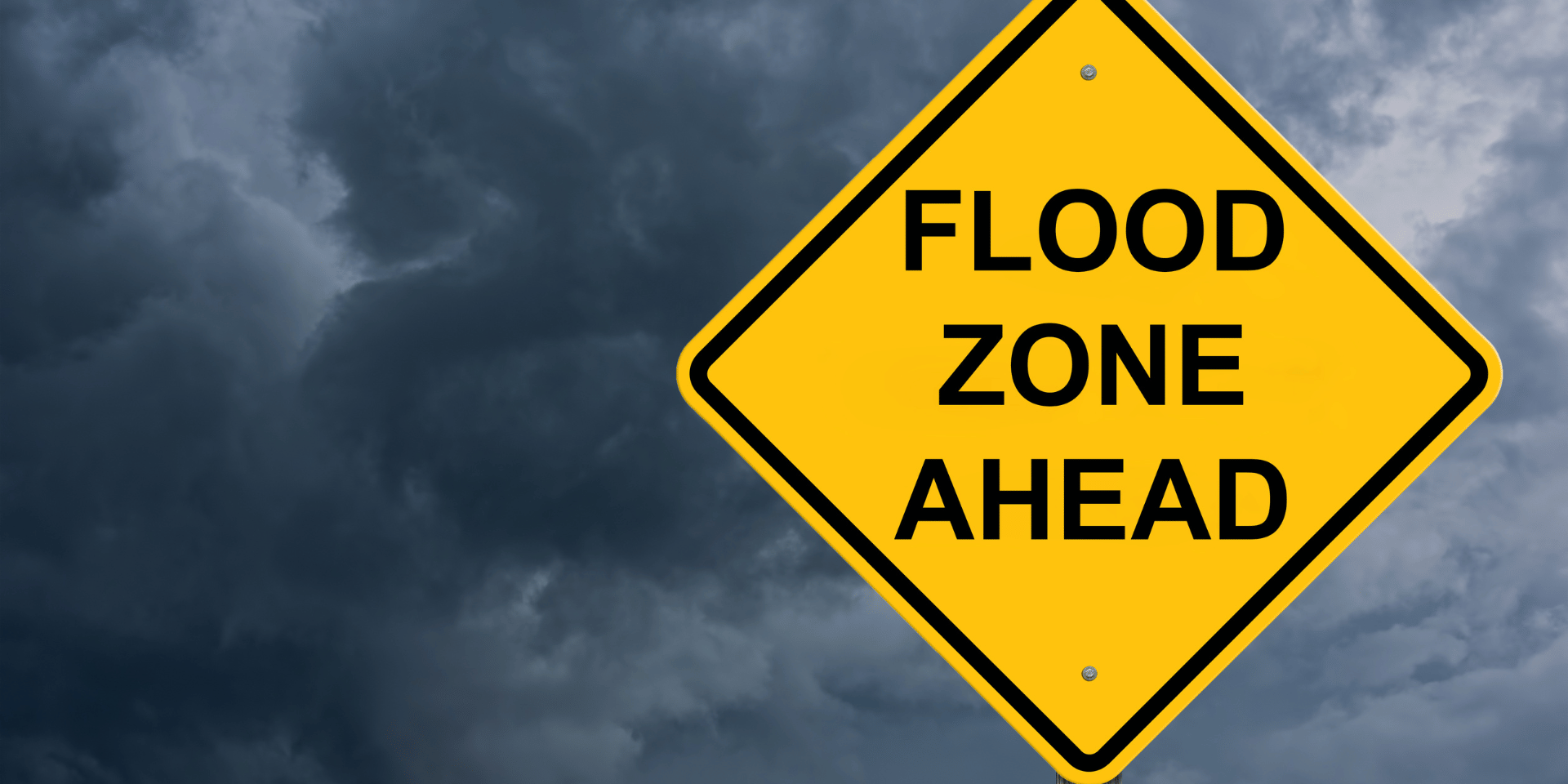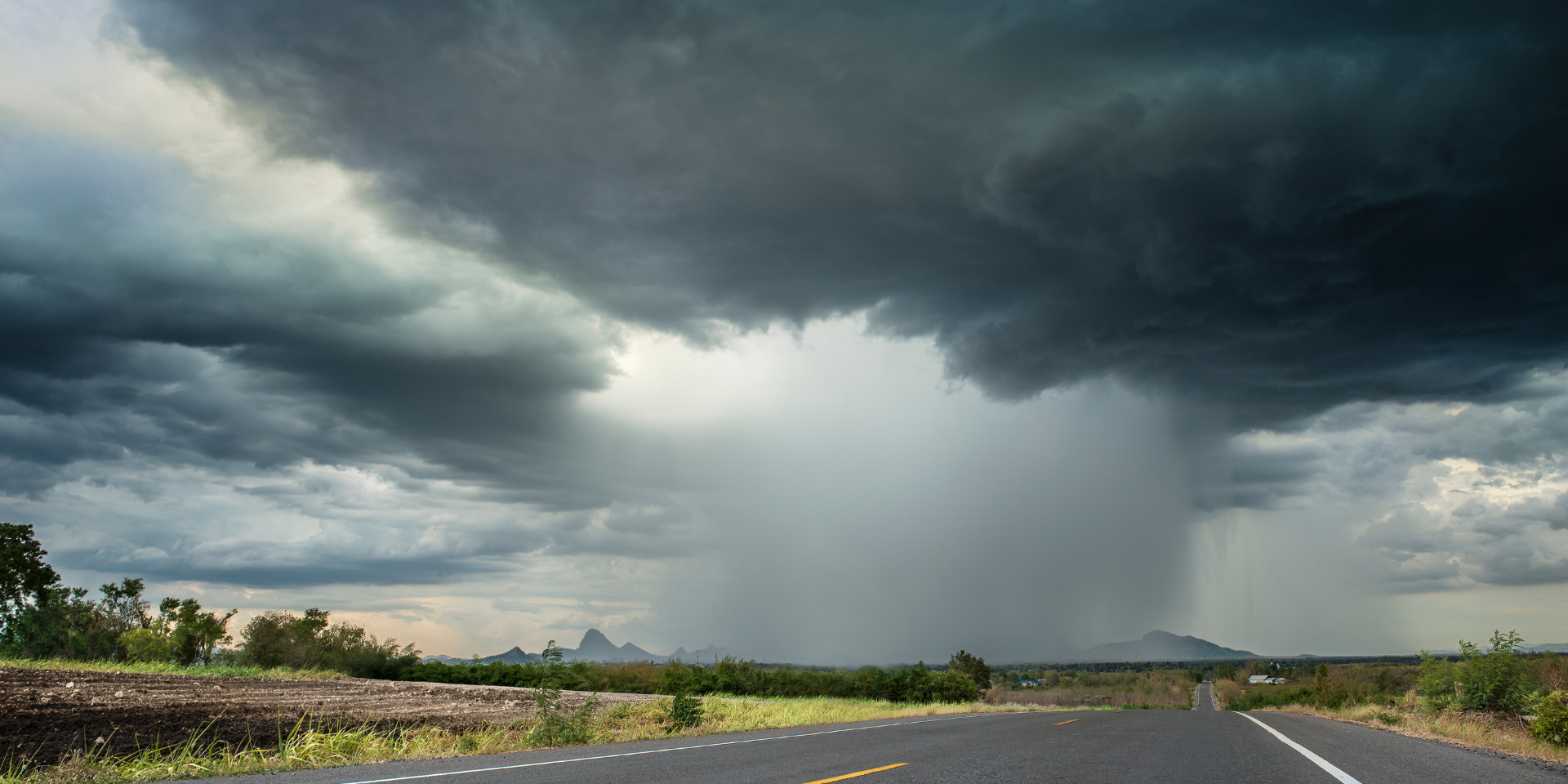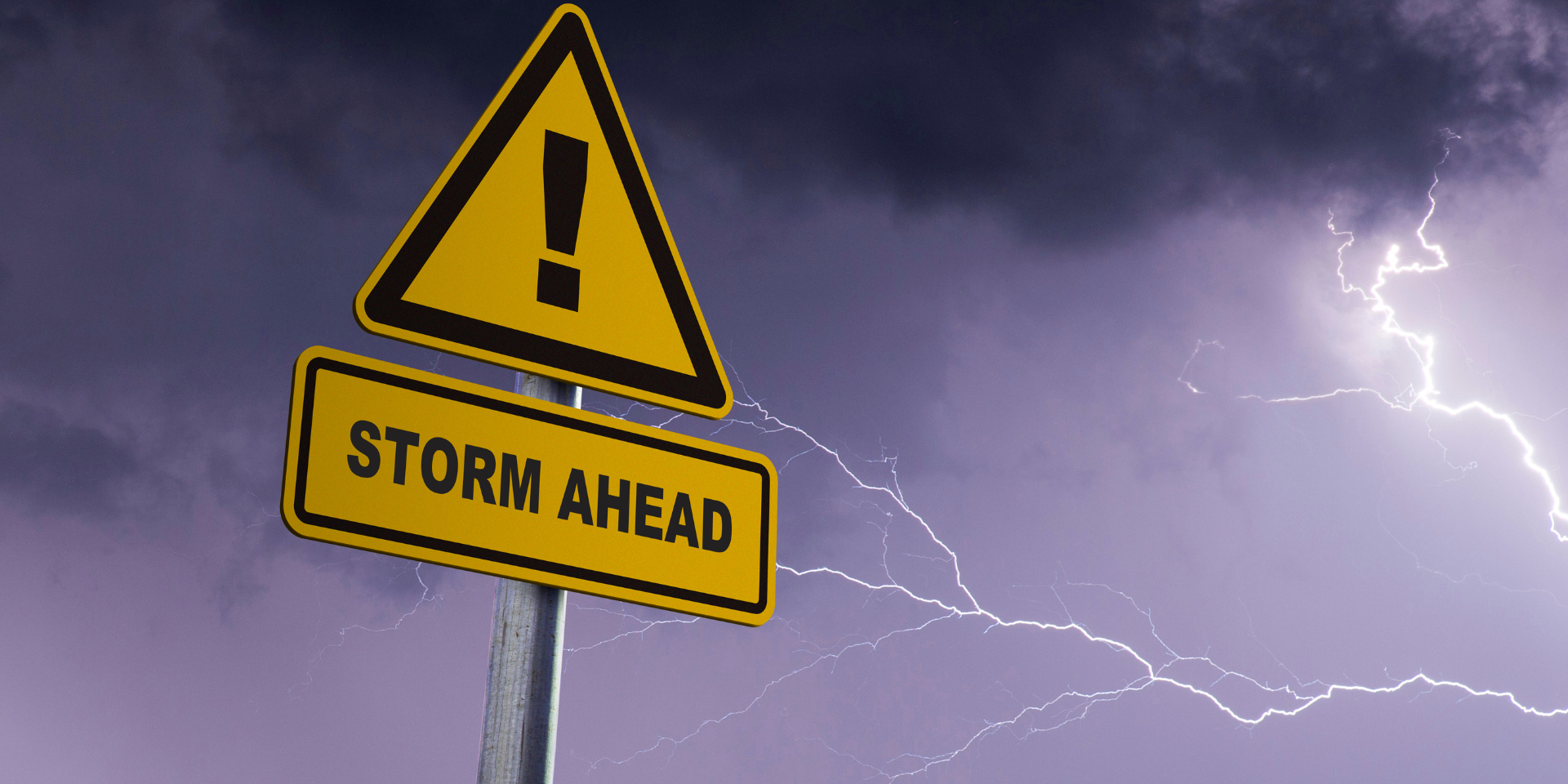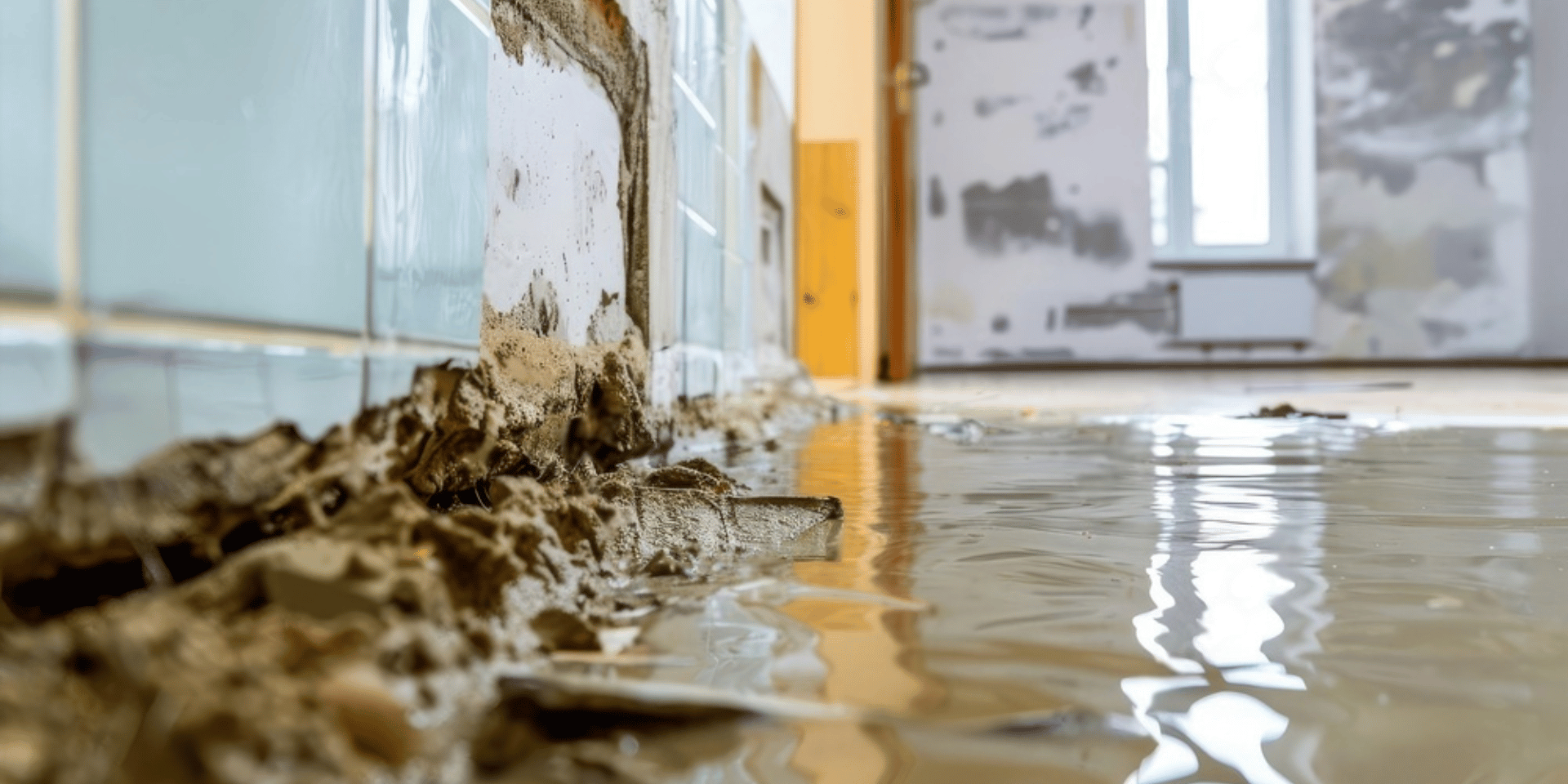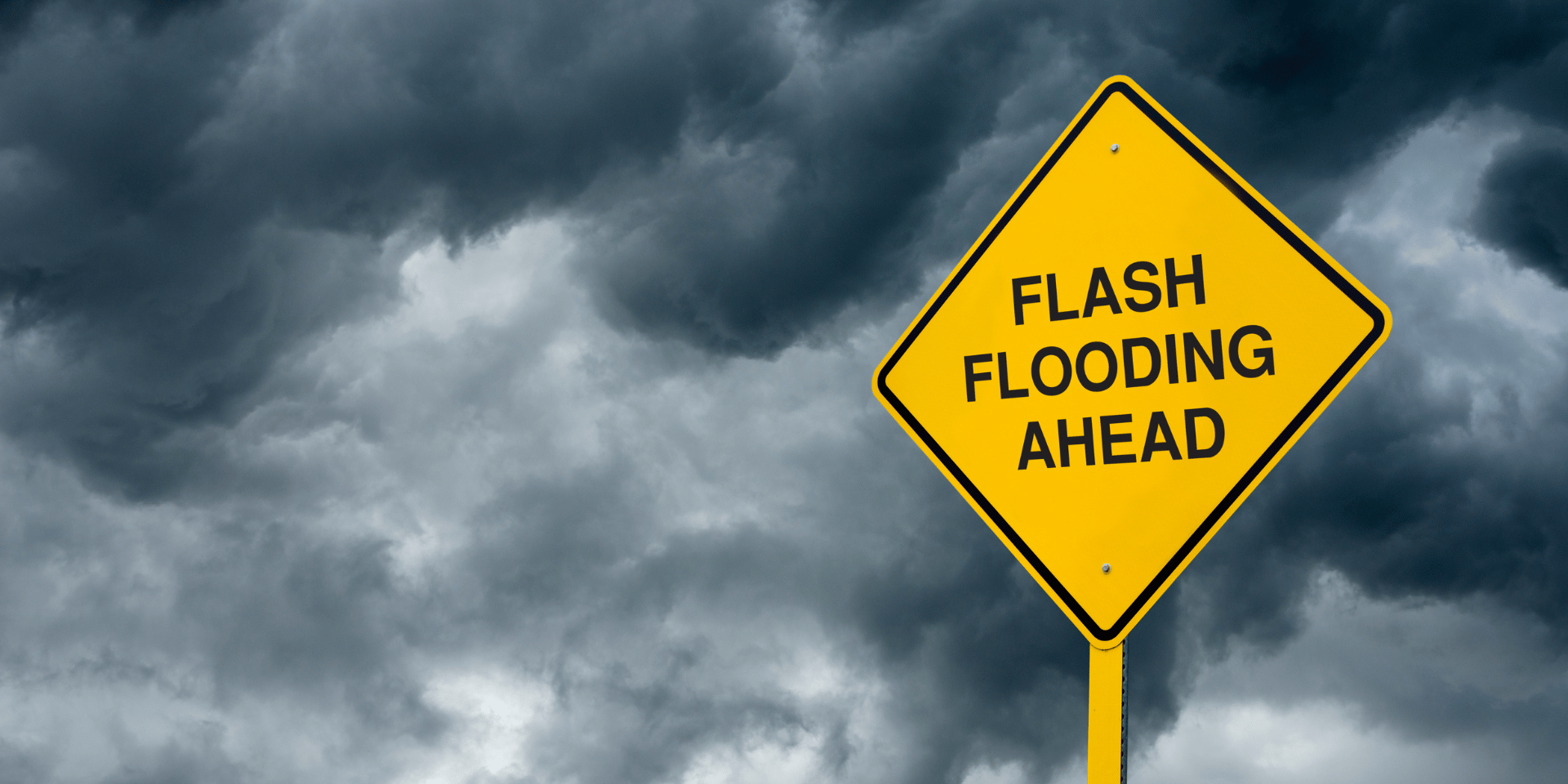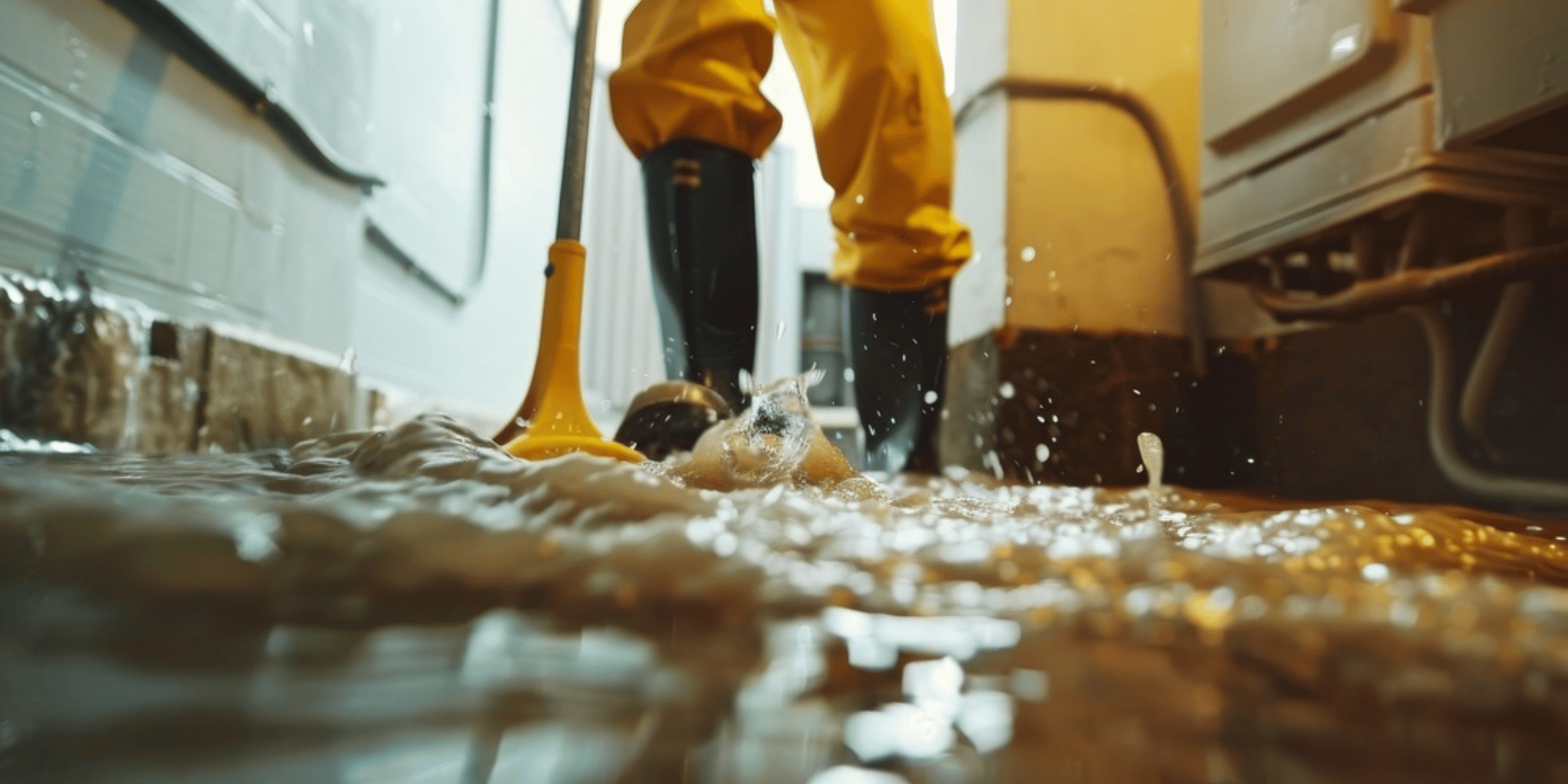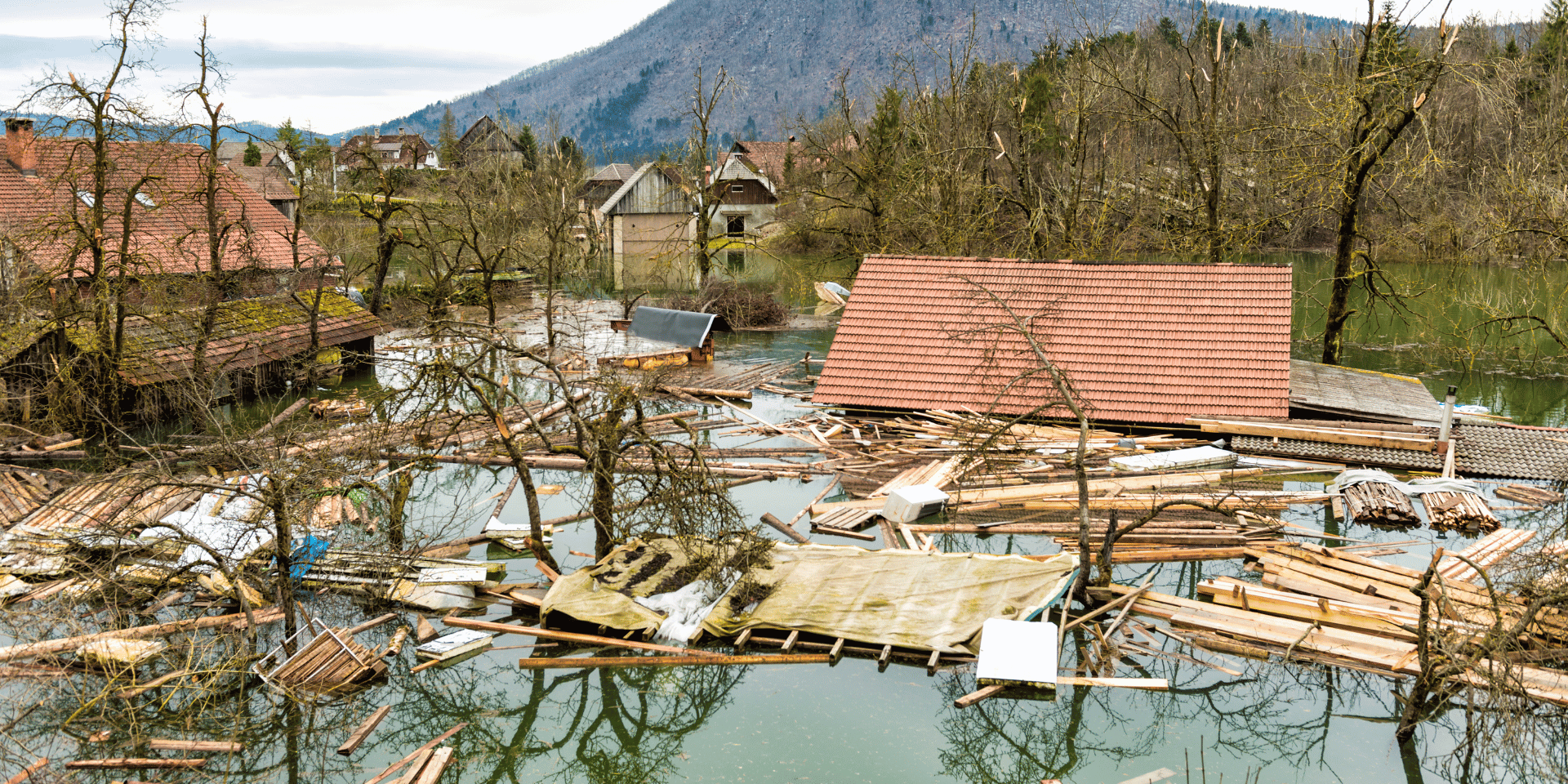While public adjusters play a crucial role in assisting policyholders with their insurance claims, there are certain circumstances or situations that could prevent public adjusters from taking on a particular client or claim.
Some of the factors that could impact a public adjuster’s ability to help a client include:
1. Policy Type: There are 2 ways your policy may impact a PA’s ability to assist you. The first is if upon review of your policy, it is evident that the damage is not covered by your insurance policy. A Public Adjuster will not be able to assist you in changing the coverage of your policy or make a case for the insurer to cover a loss that is not covered by your policy.
Public adjusters often specialize in specific types of insurance claims, such as water damage claims, fire claims, or flood claims. If a public adjuster’s expertise lies in handling a certain type of property damage claim, they may not be equipped to handle your claim.
2. Time Limitations: Insurance policies usually have strict deadlines for filing claims. If a client approaches a public adjuster after the deadline has expired, the insurer may refuse to accept the claim, making it impossible for the public adjuster to help. For example, if a homeowner experiences significant water damage from a burst pipe but fails to file a claim within the insurer’s specified time frame, the public adjuster would be unable to intervene on that claim.
3. Existing Agreements: Once a client has entered into an agreement with a public adjuster or legal representation, it may be unethical or illegal for another public adjuster to intervene in the claim. For example, if a policyholder signs a contract with Public Adjuster X and then seeks assistance from Public Adjuster Y, the latter would have to decline representation due to the existing agreement. If you find yourself in this situation, have an open and honest conversation with your current public adjuster.
4. Limited Resources: Public adjusting firms have a finite number of adjusters, and their workload capacity is limited. If a firm is overwhelmed with existing claims, they may not be able to take on additional clients without compromising the quality of their services. For instance, if a public adjusting firm has a high volume of complex hurricane-related claims during the storm season, they may have to decline new clients to focus on providing excellent service to their existing ones. A lot of public adjusters also operate as “solo” public adjusters, and this may impact their ability to take on a large volume of clients.
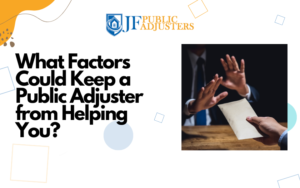
If your claim appears to be exaggerated or fabricated, the public adjuster would likely decline to represent you.
5. Insufficient Damages: Some public adjusters have minimum claim thresholds to ensure their services are financially viable. If the potential claim is small and the costs of representing the client outweigh the potential settlement, the public adjuster may decline the case. For example, if the property damage is minimal and the estimated claim amount is below the public adjuster’s minimum threshold, it may not be economically feasible for them to take on the case.
6. Questionable Claim Legitimacy: Public adjusters must adhere to ethical standards and should not engage in representing clients with fraudulent or exaggerated claims. If a potential client’s claim appears to be exaggerated or fabricated, the public adjuster would likely decline to represent them. For instance, if a policyholder claims extensive fire damage but evidence suggests the fire was minor and confined to a small area, the public adjuster would avoid involvement in a potentially fraudulent claim.
7. Lack of Documentation: Public adjusters rely heavily on comprehensive documentation to build a strong claim. If a potential client has insufficient or inadequate documentation, it could hinder the public adjuster’s ability to effectively advocate on their behalf. For example, if a policyholder fails to provide documentation on the previous months’/years’rental income from a property, it would be difficult for the public adjuster to establish loss of income.
8. Incomplete Information: If a potential client provides misleading or incomplete information about the claim, it could pose significant challenges for the public adjuster in representing them. For instance, if a policyholder omits essential details about previous damages or pre-existing conditions, the public adjuster may struggle to present an accurate and transparent claim to the insurer.
9. Non-Cooperation: A successful claims process relies on the client’s full cooperation and timely provision of information. If a potential client is uncooperative or unresponsive during the initial consultation or engagement process, it may hinder the public adjuster’s ability to advocate effectively on their behalf. For example, if a policyholder consistently fails to provide requested documentation or does not respond to communications from the public adjuster, it would be challenging for the adjuster to proceed with the claim.
If your property sustains damage due to an insured event such as fire, broken pipes, windstorm, or other insured event, give us a call and we’ll be happy to discuss what we can do for you. We help policyholders successfully manage their water damage insurance claims and ensure that they receive the best possible settlement so that their homes are restored to their pre-loss condition as quickly and efficiently as possible.
Unsure if your insurance will cover the damage? Contact us anyway.
JF Public Adjusters offers a free claim review and consultation. Call or text (917) 272-8793.
Contact Us
You can reach us via phone or text at (917) 272-8793.
GET IN TOUCH!
The Leading Property Damage Experts Are Here To Help
CONTACT NEW YORK’S HIGHEST RATED PUBLIC ADJUSTER IMMEDIATELY BY CALLING OUR OFFICE OR BY COMPLETING THE FORM.
CALL US FOR FREE

